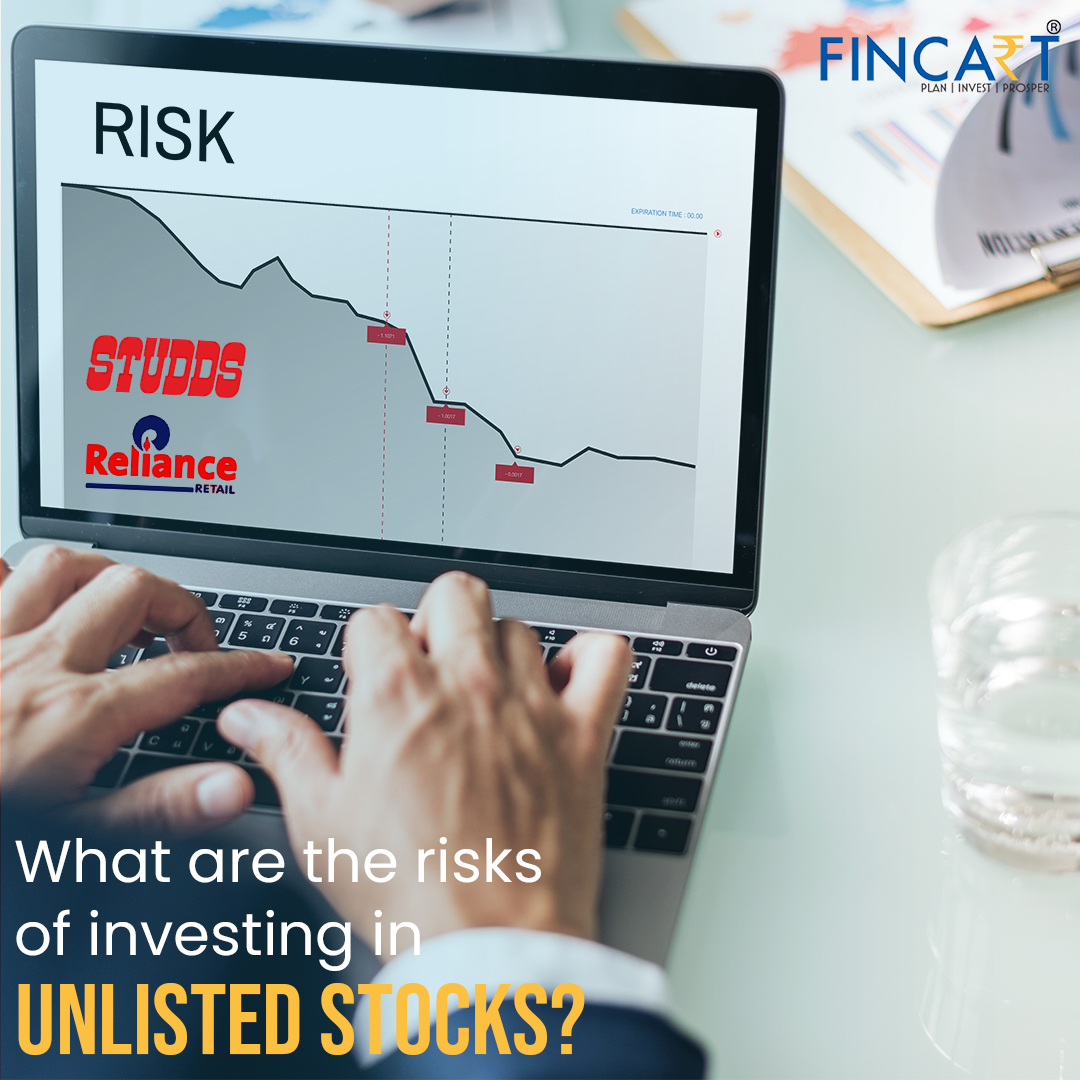Inventory market investments are sometimes considered a dangerous enterprise. Moreover, investing in unlisted shares, that are topic to fewer rules and have an off-the-cuff marketplace for shopping for and promoting, could even be riskier.
As beforehand mentioned within the weblog, unlisted shares are not listed on any inventory change. They are often high-growth firms or just subsidiaries of different profitable conglomerates. These Securities are normally firms which are nonetheless working at a non-public stage. however have the plan to go public quickly sooner or later in time.
Unlisted shares supply a singular alternative to earn a low-risk, high-return (excessive risk of multi-baggers) that’s not accessible within the listed market.
An organization usually doesn’t record on an change till it has reached a sure stage of success and has a mature person base or income stream. Because of this, huge worth is created within the pre-listing part. It is because of this that buyers stay desperate to seize a slice of that worth.
Nonetheless, it’s worthwhile to know 5 danger components related to investing in unlisted shares to guarantee that getting that chew doesn’t depart you bitter.
1. Much less Transparency
When investing in any listed firm, it’s by legislation that the corporate is remitted to publicly report data that may impression the share costs. This may very well be something from together with a brand new marketing strategy, any new deal, plans of borrowing cash and even paying off any liabilities.
Nonetheless, for unlisted firms the situation is completely different. These firms usually are not below any obligation to tell you concerning the abovementioned change even if you happen to maintain a major variety of firm shares. Main massive selections are usually taken by the promoter of the corporate or massive buyers.
2. Liquidity Threat:
For any funding liquidity danger is taken into account to be the most important danger. In less complicated phrases, it means that you could be not be capable of promote your funding everytime you want cash with out making any vital lack of capital.
Let’s say you personal 100 shares of an organization. Having discovered that the corporate will go public quickly, the worth of your funding has soared 10x attributable to elevated demand in anticipation of the IPO.
Now, if you happen to want cash for an emergency function. Redeeming your funding at the moment is the very best choice. However now think about a state of affairs the place the corporate proclaims it received’t supply an IPO for an additional six months as a result of the market isn’t conducive.
The uncertainty has crept in and you might be pressured to carry on to your investments when few buyers wish to purchase your shares. A liquidity danger like this is only one instance. Along with unlisted shares, low-volume shares on inventory exchanges may also be topic to this danger.
3. Valuation Threat:
When there isn’t any liquid market and little monetary details about the corporate, it’s troublesome to find out a good worth.
An analyst usually values an organization in accordance with its earnings statements, its progress plans, the way it manages its debt, and the way administration speaks about it. Monitoring the demand and provide of shares is valued by the market. Usually, that is mirrored within the value of the shares.
Within the case of unlisted shares, most of this data is both unavailable or not readily accessible. Thus, you might be paying far more or promoting it for a lot lower than the share is value.
4. Dilution Threat:
Companies which are within the progress part attempt to generate capital to expedite their enlargement plans. A significant strategy to get capital is to concern new shares of the corporate to new buyers. You will have to do that, however it normally implies that your shares are value lower than they have been earlier than.
To grasp this, let’s study a easy instance.
An organization with a price of Rs 100 crore has 100 issued shares. In different phrases, each share now has a price of Rs 1 crore. Because of this, the corporate’s administration approves the issuance of 20 shares to a brand new personal fairness investor for a similar valuation.
Now there are 120 shares and the worth of the corporate continues to be at Rs 100 crore, which means the worth of 1 share falls to Rs 83.33 lakh.
This can be a bare-bone instance and virtually, issuing shares is far more complicated, however it offers you an concept of the dilution danger for the prevailing buyers.
5. Market Threat
Unlisted markets are affected by the emotions within the listed markets. At any time when the listed markets rise and buyers commerce excessive, the unlisted market additionally sees a rise in demand for shares.
Alternatively, pessimism within the inventory market may shortly unfold to the unlisted market. Consequently, if you wish to promote your investments, you might not get the very best value.


